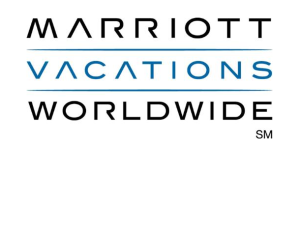Try Before You Buy Timeshare
Friday, October 6, 2006
And bring a calculator.
Attending a timeshare presentation is a great way to check out a resort you’re interested in, whether you buy directly from the resort or buy from a reseller.
Many buyers of timeshare resales go to timeshare presentations on a fact-finding mission. In addition to touring the resort property and getting answers to timeshare questions, sitting through a timeshare presentation often means free or discounted vacation time at the resort—a real chance to try before you buy.
But if there is any possibility that you might make a decision to buy while attending such a timeshare pitch, here’s the best piece of advice you’ll ever receive: take your calculator. Most people need to see numbers in front of them, not just hear them, in order to understand the terms of the deal. Just as importantly, timeshare sales people are human—they make mathematical mistakes, just like everyone else does.
Always have a calculator handy so that you can check the math of the salesperson quoting your deal. It’s also a good idea to use that calculator to compare how much you can save if you buy your timeshare as a resale, instead of purchasing it as a new development property.


